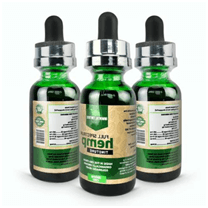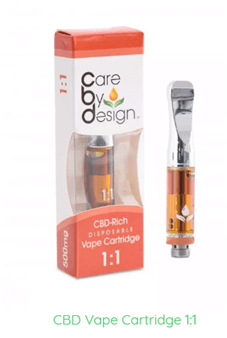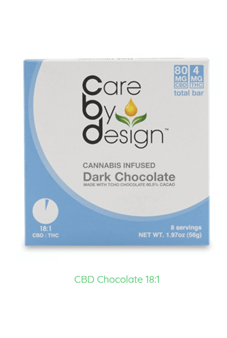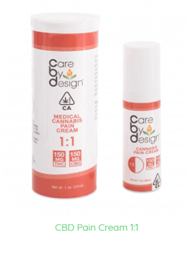- Over-the-Counter Drugs
- Prescription Drugs
What is CBD?
Cannabis is a popular recreational drug that can also be used for medical purposes. The cannabis plant contains hundreds of chemicals including multiple components referred to as cannabinoids. Cannabidiol (CBD) and delta-9-tetrahydrocannabinol (THC) are two major components derived from the cannabis plant and have the most therapeutic interest. These components act differently within the body. THC, commonly referred to as marijuana, has potential health benefits but is commonly known for its psychoactive properties (producing a ‘high’) thus mostly being used for recreational purposes. CBD also has potential health benefits and does not have psychoactive properties (does not produce a ‘high’).
How is CBD used?
CBD can be inhaled with a vape pen, taken orally, sublingually, applied topically or rectally. CBD comes in a variety of forms including inhalants, suppositories, capsules, edibles, lozenges, beverages, topicals and tinctures.
How does CBD affect a person?
CBD may have the following beneficial effects: pain relief, seizures, antioxidant, muscle relaxation, mood and sleep.
What are the health effects/risks of using CBD?
CBD is typically well tolerated and relatively safe. Some of the reported adverse reactions include drowsiness, fatigue, sleep disturbances, weight loss, decreased appetite, diarrhea, anemia, and liver injury. CBD can interact with prescription medications resulting in increased drug levels. Pure CBD is unlikely to lead to dependence. Be aware that some products labeled to contain only CBD may also contain some THC, therefore it could lead to dependence. Urine drug tests screen for THC, however, these tests do not test for the CBD component of cannabis. As previously mentioned, some CBD oil products may contain THC and thus have the potential to show up on urine drug tests.






